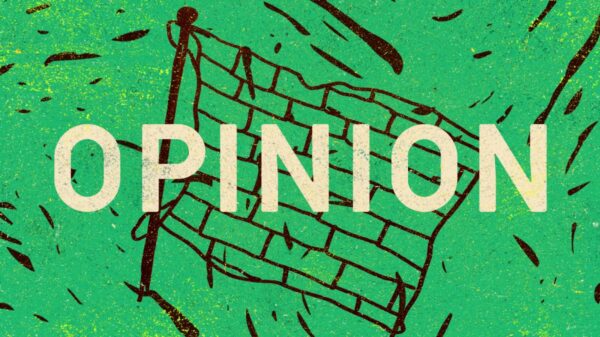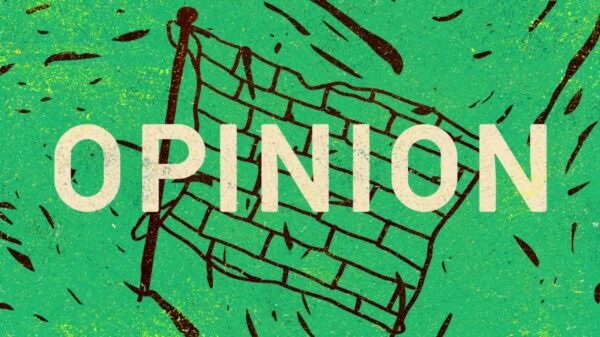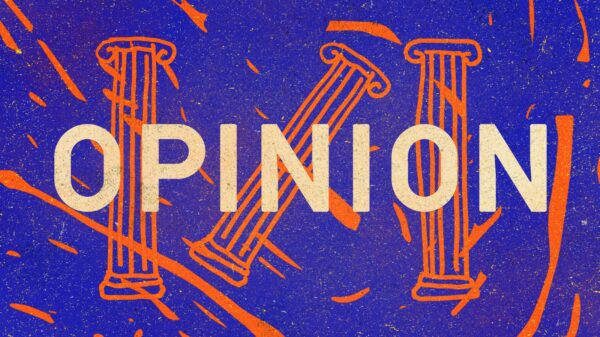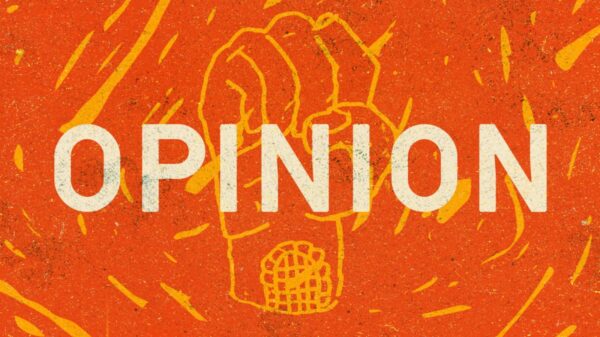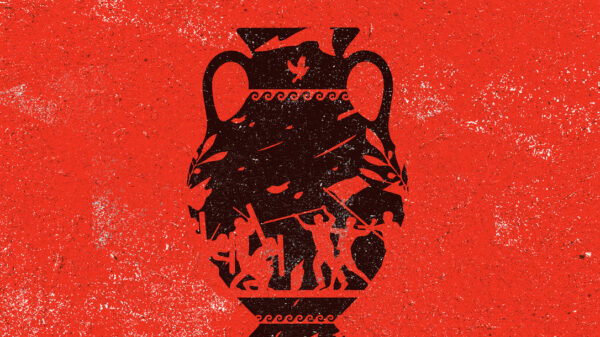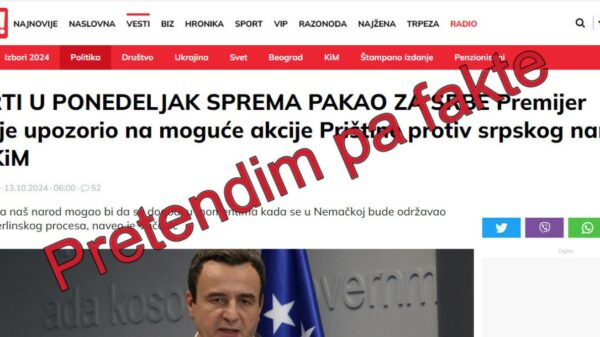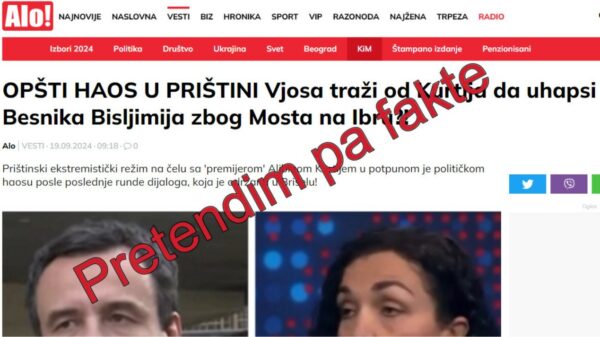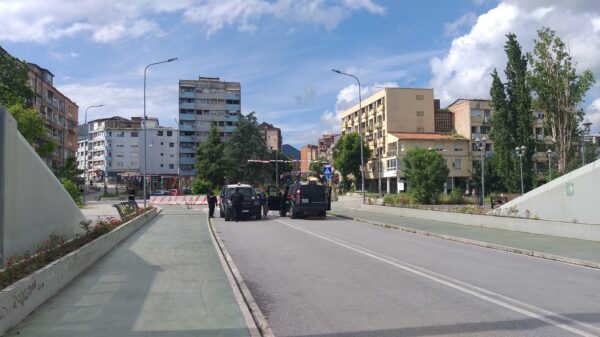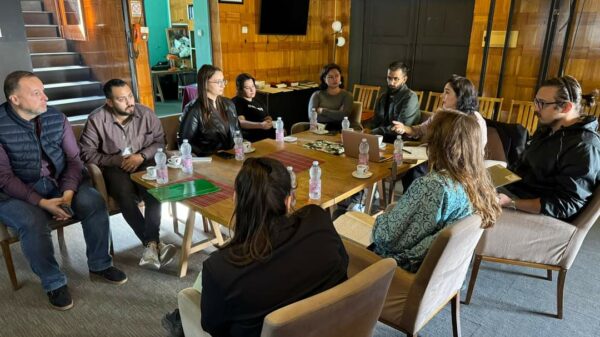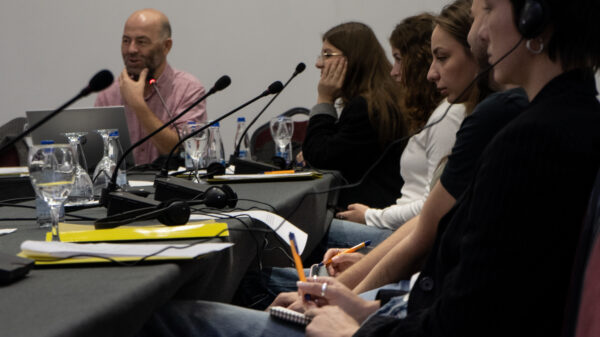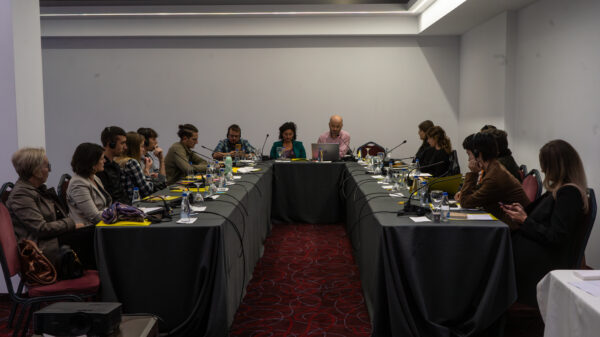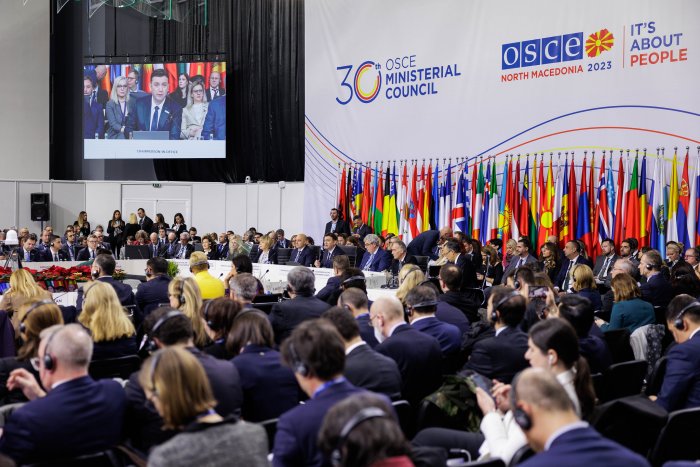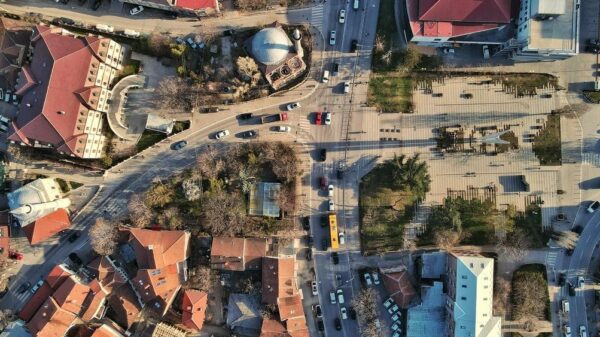On November 30th and December 1st, a meeting of the OSCE was held in Skopje, gathering the foreign ministers of the 57 member states of the organization headquartered in Vienna. Amidst contradictions and controversies, Russian Foreign Minister Sergey Lavrov also participated. The summit, attended by Western countries that imposed sanctions on Russia following the aggression against Ukraine, was seized by Lavrov to accuse the EU, NATO, and the OSCE. He alleged that they too had committed aggression against an independent country in 1999 when they decided to bomb Serbia. Additionally, Lavrov reiterated the well-known statements of Russian officials that Kosovo was forcibly taken from Serbia.
The declarations of the Russian Foreign Minister, Lavrov, were broadcasted in Albanian media.
The announcement that Lavrov would be invited to the meeting sparked significant reactions, initially transmitted within the host country of the meeting, North Macedonia. Macedonian media reported that the minister of this state, Bujar Osmani, came into conflict even with the Minister of Defense, Slavjanka Petrovska, just to bring Foreign Minister Sergey Lavrov to Skopje.
Although Lavrov's speech was boycotted by the majority of OSCE members, his statements during the press conference he held after the summit were wildly shared.
Lavrov stated that NATO and European Union countries had destroyed the military-political dimension of the OSCE, adding that "In 1999, NATO carried out brutal aggression against Yugoslavia, a member of the OSCE and the UN. And in 2008, violating the resolution 1244 of the UN Security Council and the principle of the inviolability of the borders in Europe from the final act of Helsinki, Kosovo was taken from Serbia without any referendum"
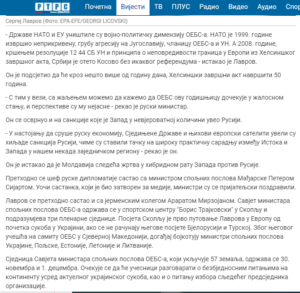
Photo: Borrowed from Rtrs.tv
After a year, the Helsinki Final Act will mark its 50th anniversary, and according to Lavrov, "in this regard, we regret to say that the OSCE welcomes this anniversary in a painful state, and its prospects are unclear." According to him, NATO's expansion in the East is one of the factors that undermines security in Europe.
As a result of Lavrov's statements, there was a clash between Russia and Albania. Albanian Foreign Minister Igli Hasani emphasized that Russia is seeking to stir up trouble in the Western Balkans region, thereby undermining the OSCE as well.
"The greatest threat to our security today, indeed to our entire security architecture, including this organization, is Russia and its unlawful aggression against Ukraine," said Hasani.
Lavrov's visit was extensively covered by the Serbian media, which highlighted his statements regarding Kosovo.
Consequently, the newspaper Blic distributed an article titled "Chaos in Skopje due to Lavrov's statements that were belittled and boycotted, which also mentioned Kosovo (VIDEO)." This outlet also shared several videos from Platform "X," in which it can be seen that Lavrov is ignored by the majority of participants, with his only greetings being with the Foreign Minister of San Marino, Luca Beccari.
Other media outlets, such as Sputnik, also provided space for Lavrov's statements related to the agreements between Kosovo and Serbia. Serbia is defended in those statements, and the EU is accused of pressuring Serbia to impose sanctions on Russia. Among other things, the article states that Lavrov criticized the European Union, "for using the bat only against Serbia."
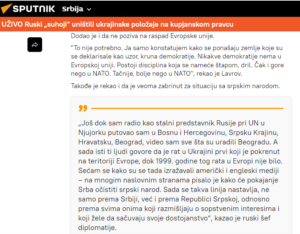
Photo: Borrowed from Sputnik
An article with the same content has also been distributed by Politika.rs.
Recently, it was warned that Russia aims to ignite a new conflict in the Western Balkans. Ukrainian President Volodymyr Zelensky, in a meeting with journalists from Africa, stated: "Pay attention to the Balkans. Believe me, we are gathering information. Russia has a long-term plan. [First, we had] the Middle East – the second focus will be the Balkans."
Such a risk was later confirmed by European Union officials. NATO Secretary-General Jens Stoltenberg, who visited Kosovo on November 20th, expressed that: "For a long time, we have said that Russia is trying to exert influence also in the Western Balkans region. So, yes, this is a concern that we share, and it is not a new concern, but a concern that has been with us for a while. We agree with the President of Ukraine on this point, and we know that Russia is doing everything it can to sow discontent, political instability, foreign influence, information manipulation, and more." he added while also stating that for this very reason, the EU has increased assistance to partners in the Western Balkans to address these threats.
Regarding these warnings, Kosovo's Prime Minister, Albin Kurti, declared through a post that Russia, aiming to distract NATO, is seeking to ignite a crisis "in the yard of the European Union." He added that there is a "threat from Russia and Serbia to regional stability, peace, and security."
Since the beginning of the conflict between Ukraine and Russia, Russian President Vladimir Putin has used Kosovo to target the West. He has done this by spreading numerous disinformation, claiming that mercenaries from Kosovo are fighting in Ukraine. These claims have been denied by Kosovo institutions.
*This article is published as part of the Western Balkans Regional Initiative against disinformation. “Western Balkans Anti-Disinformation Hub: exposing malign influences through watchdog journalism.”




